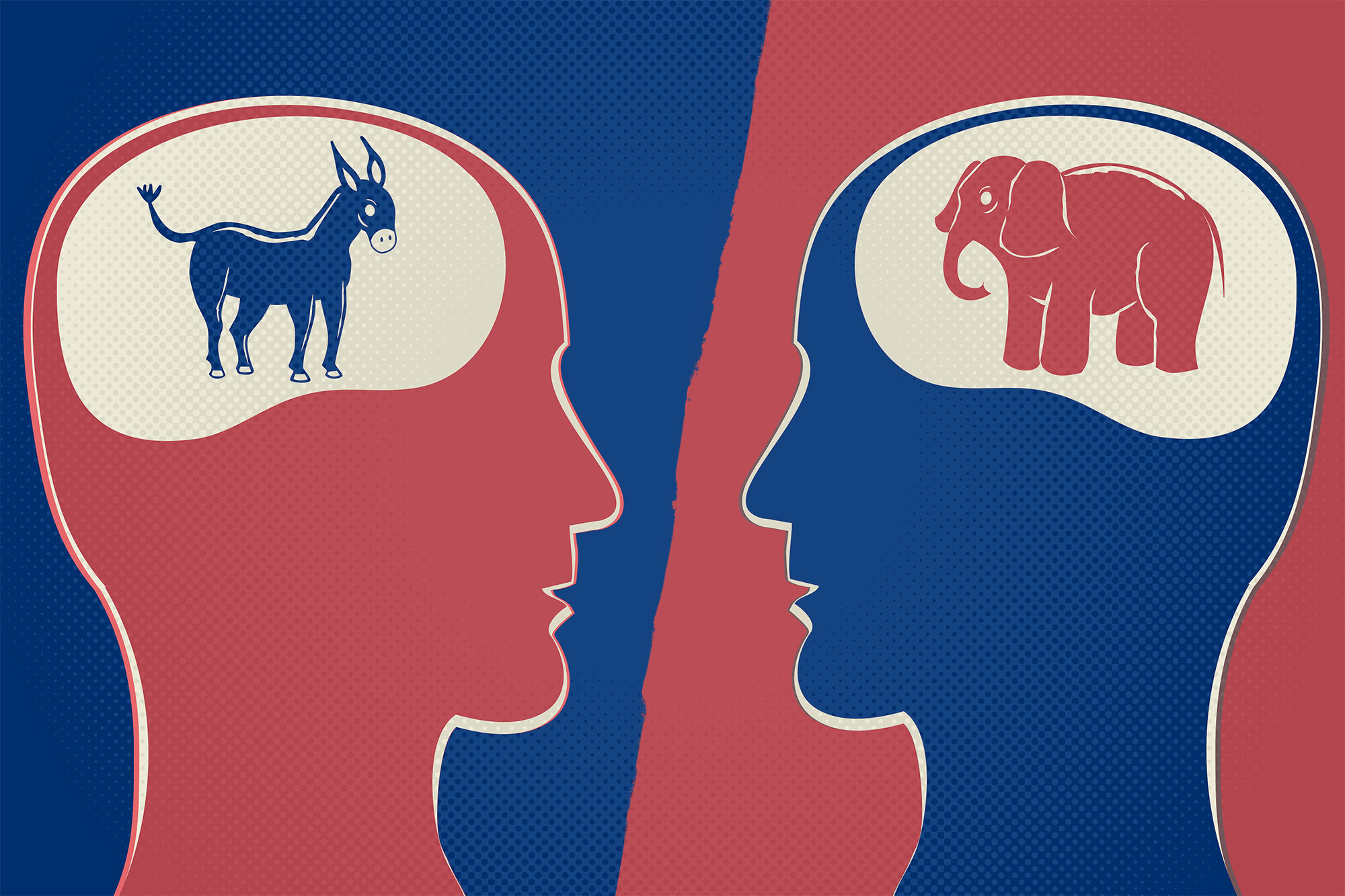The Health of the Civic Body: Emotional AI & Political Campaigning
A healthy civic body requires that citizens are not subjected to undue influence when making key decisions, such as who to vote for. Research from the Emotional AI Lab and the network for Media and Persuasive Communication suggests the need for parliament and regulators to make digital political campaigning more transparent, to avoid such undue influence.
As part of their recently awarded ESRC/JST-funded project on Emotional AI in Cities: Cross Cultural Lessons from UK and Japan on Designing for An Ethical Life, Vian Bakir and Andrew McStay have been raising awareness of the impact of ‘emotional AI’ on civic processes, including political campaigning.
Their (invited) briefing papers for the All Party Parliamentary Group (APPG) on Electoral Campaigning Transparency include a paper on Profiling & Targeting Emotion in Digital Political Campaigns, as well as a substantial submission on Culture Change that contributed to the APPG’s report on Defending Our Democracy In The Digital Age, launched earlier this year. These also build on their invited submission in 2019 to the House of Lords Select Committee on Democracy & Digital Technologies.
The research underpinning these briefings finds:
· A range of tools for profiling and targeting in digital political campaigns that exploit people’s emotions.
· Profiling and targeting in digital political campaigns have potential democratic benefits, but require transparency to avoid covert, attempted manipulation of electorates by micro-targeting population segments with emotive messages optimised to maximally engage them (as illustrated by Cambridge Analytica).
· Surveys in the US and UK show that people do not want deception or micro-targeting in digital political advertising. Neither do they want their emotions exploited for digital political advertising.
· ‘Emotional AI’ (technologies that pertain to read our emotions) is on the rise and is much broader than sentiment analysis, spilling over into traditionally offline environments, with the use of sensors to capture data. As industry leaders advocate a turn to social context in order to more accurately gauge users’ emotions, this raises the possibility that citizens’ online and offline behaviour may be turned into perpetually targeted data pools by those campaigning for political office.
